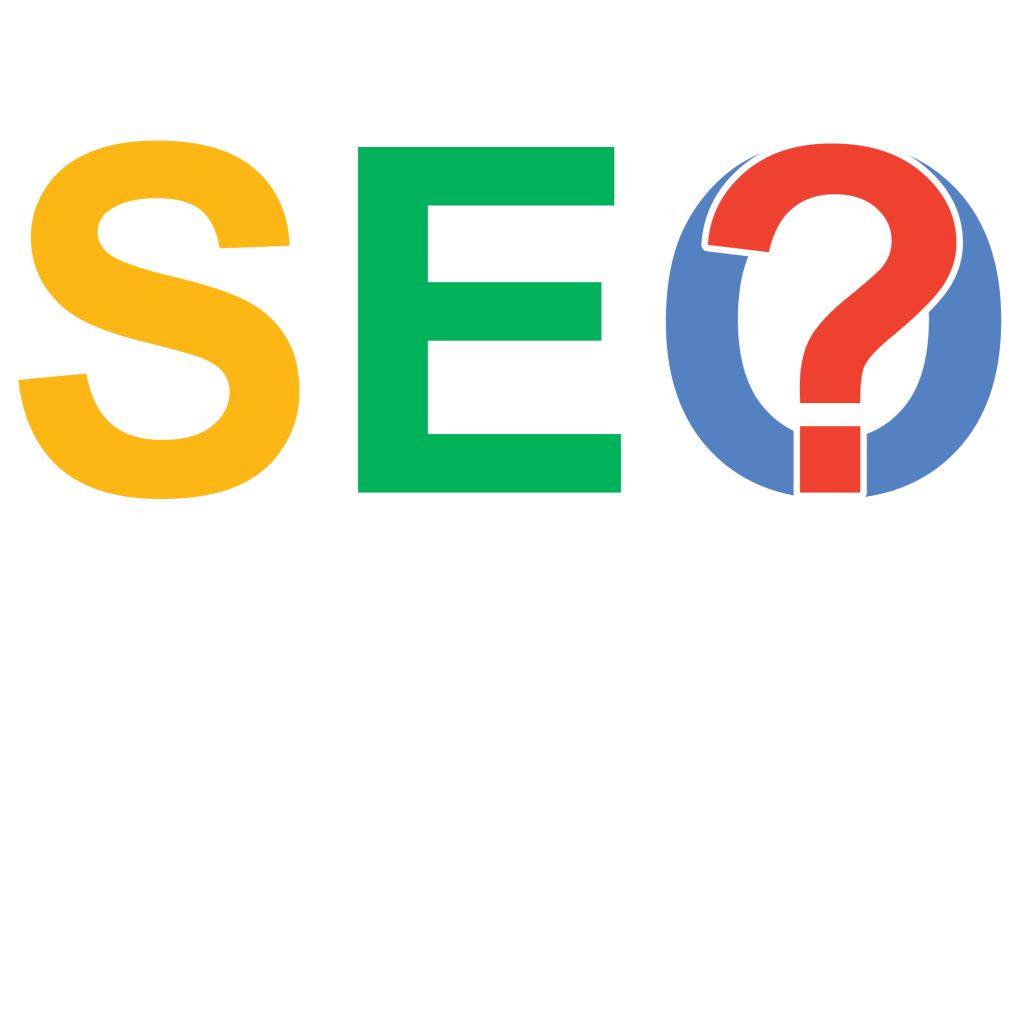This blog has been updated to include current information.
According to the Content Marketing Institute, SEO, or Search Engine Optimization, is all about “optimizing your content marketing for search.” But what does that mean? Let’s boil it down.

What Does SEO Mean?
The success of your business, its website and your ability to conquer e-commerce relies on your ability to deliver content. You need to deliver that content — your message, product, service or brand — to a targeted online audience. On top of that, you need to have enough oomph in your message to convince a consumer to buy what you are selling, as opposed to buying any of the 23 gazillion other things they can buy online.
Google (and Bing and Yahoo, for that matter) helps with the oomph, as far as delivering your message to your audience. But as far as your end of the deal, and how your website plays into this very big picture, Moz.com says you need to keep these things in mind if you want to first move the ball down the field, and then win the game:
- Your content must be good and it must supply a demand. The best content supplies the largest demand.
- Link building. Your content must be linkable. From an SEO perspective, there is no difference between the best and worst content if it is not linkable. If people can’t link to it, search engines will be very unlikely to rank it, and the content won’t drive traffic.
- Link equity. Once referred to as “link juice,” link equity is a search engine ranking factor that revolves around the concept that links can pass value and authority from one page to another.
- Title tags are the second most important on-page factor for SEO, after content.
- A strong URL is important because search engines use this information to determine the relevancy of a web page.
- Alt text for images Also known as “alt attributes,” “alt descriptions,” or technically incorrect as “alt tags,” alt text for images is used within an HTML code to describe the appearance and function of an image on a page.
- Schema Markup A semantic vocabulary of tags (or microdata) you can add to your HTML to improve the way search engines read and represent your page.
If you want to rank high for “Summer Camps for Kids,” “Cardiologist” or “Moving Company,” you need relevant content, accurate titling of that content, links and pivotal keywords that relate to your content. This drives traffic to your website, which increases your opportunities to generate sales off that web traffic.
Search Engine Journal offers some more insight and suggestions on how to improve your SEO, and in turn your cash flow, here.
With the Pew Research Center revealing that 93 percent of American adults use the Internet, the stakes for your business could not be higher. According to the Census Bureau, there are 330 million people in the U.S. So you can do the math on how important SEO is to the future of your business.

Algorithms and Hot Dogs
Without getting too far out there, you need to understand that all of this revolves around the Google algorithm.
According to Search Engine Journal, “Google’s algorithms are a complex system used to retrieve data from its search index and instantly deliver the best possible results for a query. The search engine uses a combination of algorithms and numerous ranking factors to deliver webpages ranked by relevance on its search engine results pages.”
So, your website needs to respond to the parameters established by the Google algorithm. That brings us back to the titling, links, keywords and the like.
But let’s leave cyberspace for a second, catch our breath head to the ballpark and eat a hot dog.
Picture yourself in the stands at a Major League baseball game and you’re dying for a hot dog. You’re surrounded by other fans and various hot dog vendors roaming the aisles on foot.
With so much going on, including the game, you don’t have time to sort through all the noise. So, the hot dog vendor who yells, “Hot dogs here!” the loudest is probably going to get your attention and your money. Considering that a hot dog can cost a whopping $7 at a Washington Nationals game, we’re not talking, forgive the pun, peanuts here, which can cost $8 at a Nationals game.
So basically, if you’re a business owner trying to reach your online audience, you have to be the loudest hot dog vendor in the ballpark. If you’re more of a football fan, then consider this a block-and-tackle.
You need to develop, launch and maintain a website with the wording, phrasing, content and links — internal and external — that catch and maintain the attention of Google. Google in turn is more likely to give your website a higher ranking when someone searches for your product or service. That means more visitors to your website, who in turn can put more money in your wallet.
Google explains it this way: “With the amount of information available on the web, finding what you need would be nearly impossible without some help sorting through it. Google ranking systems are designed to do just that: sort through hundreds of billions of web pages in our Search index to find the most relevant, useful results in a fraction of a second, and present them in a way that helps you find what you’re looking for.”
SEO is a critical tool that helps Google sort through those pages. SEO is also your responsibility.
You need to drive traffic to your website — organic traffic. SEO lets you do an end-run around the fact that you may not have the brand recognition of a Coca-Cola or a Chevrolet. At the same time, SEO can strengthen the foundation you have already built, with a compelling message for a targeted audience.

Optimize Your Content's Performance
Let’s take a look at those three words, those three important words, those three do-or-die words that are defining so much of cyberspace at the moment.
You’ve got your search engine — which these days is Google. According to a December 2020 article in the New York Times, “In 2000, just two years after it was founded, Google reached a milestone that would lay the foundation for its dominance over the next 20 years: It became the world’s largest search engine, with an index of more than one billion web pages.
“The rest of the Internet never caught up, and Google’s index just kept on getting bigger. Today, it’s somewhere between 500 billion and 600 billion web pages, according to estimates.”
Wow. But wait, there’s more.
According to review42.com:
- There are more than 70,000 Google searches each second, or nearly 227 million an hour; and roughly 5.4 billion Google searches per day.
- Google controls 90 percent of the global search engine market.
- Google has more than 246 million unique U.S. visitors. That’s more than 75 percent of the U.S. population.
So next up is your optimization, which quite simply means you want to make the most of your search engine experience. Not to keep returning to Yankee Stadium, or Nationals Park, as it were, but you still want to be the loudest hot dog vendor roaming the upper deck. At the same time, you have to keep maintaining and updating your website to meet Google’s SEO standards. It’s kind of like buying a house and then maintaining that house and updating the electrical system. Would you buy a house and then neglect it? How about that new paint job or even mowing the lawn each week? As far as updating goes, would you leave that 1942 electrical wiring as is? I think not.

Google Ranking
Along with being the loudest hot dog vendor in the upper deck is the do-or-die demand for endurance, consistency and reliability. You cultivate an audience and they keep coming back to you for more hot dogs, up until the final out of the ninth inning. Who knows, you might even see your same hungry customers for the next two games in the weekend’s three-night homestand.
SEO is similar, as it’s an ongoing dance with Google. They want to see that you’re continuously improving your website. This means your wording is sharp and your phrasing is compelling. You have video and audio features. Your tagging is spot-on. Your website is reliable. It’s as simple as: How often does your website freeze or go down while welcoming visitors? Google is watching all of this — and all of this can improve your ranking in the wild west of cyberspace commerce.
Google is king when it comes to the Internet. They want to see a concerted plan and a consistent plan. And remember, you can’t trick Google.

How to Strategize With SEO
Content Studio frequently uses these strategies within its own publications and with our clients. For example, the Content Studio team drives organic traffic to NewYorkByRail.com, a website the company manages as part of its contract with Amtrak. To do this, Content Studio does extensive keyword research using a respected SEO research program, Moz.com. Programs like Moz, help to determine what Amtrak getaway-related phrases should be incorporated into New York by Rail’s content calendar.
These keywords have high search volume, which is helpful for planning new content or updating existing content. Search engines, like Google, tend to favorably grade content that is updated frequently.
There are many variables to achieve higher ranking content such as your page title, content word count, multiple uses of the keyword phrase, shorter sentences, using the right headings, internal and external links, and photographs with titles. Content that has a minimum length of 300 words tends to perform better than shorter content with less copy. And using Alt text, which is photos with descriptive titles, increases accessibility, and “provides better image context/descriptions to search engine crawlers, helping them to index an image properly,” according to Moz.
It’s important to understand that while more general topics such as “hotels” or “getaways” in the travel industry may have an enormous search volume, it’s unlikely your business can rank high for this topic due to high competition. This is where experienced SEO specialists are helpful so you don’t waste time where you can’t be competitive. One strategy Content Studio utilizes for higher-ranking content is developing Frequently Asked Questions (FAQ) pages which enables us to answer a question about a topic that has sufficient search volume and a high ranking. Keep in mind that search engines such as Google are changing their algorithms constantly which can make SEO a challenging subject. However, staying on top of SEO can be an investment that pays dividends in driving eyeballs to your website!

